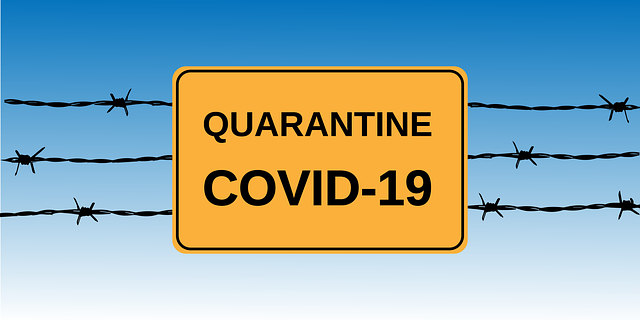Search
You think COVID-19 discrimination claims are bad? “Hold my drink,” says the whistleblower.

Image by Alexey Hulsov from Pixabay
In the past several days, many states have issued stay-at-home orders. Here is a list of them from CNN.
These orders vary, and no one is literally locked in their homes. But, the gist is that affected citizens should stay at home unless they need to venture out to get food, obtain medicine, or work for employers that provide essential services. New Jersey is one of these states — shocking, I know — that has issued a stay-at-home order.
So, what would happen if your local business forced an NJ resident to come to work against the individual’s wishes?
Better yet, what could happen if, after the employee refused, the company fired him/her?
In New Jersey, this could give rise to a whistleblower claim under New Jersey’s Conscientious Employee Protection Act, also known as CEPA.
What is CEPA?
CEPA prohibits an employer from retaliating against an employee because, among other things, the employee objects to, or refuses to participate in, any activity, policy or practice which the employee reasonably believes:
- violates a law, or a rule or regulation issued under the law…;
- is fraudulent or criminal; or
- is incompatible with a clear mandate of public policy concerning the public health, safety or welfare or protection of the environment.
The elements of a CEPA claim.
Let’s parse this out.
First, an employee has to object or refuse to do something, like coming to work amidst a growing coronavirus pandemic. We’ll call this a protected activity. Actually, there’s a bit more to it. That is, the employee has to reasonably believe that what is being asked of him/her satisfies one of the three criteria listed above. That’s it; just a reasonable belief.
So, let’s assume that an employee thought that it would be illegal to leave home to go to work. If the employee’s belief is reasonable — even if s/he were wrong — then the employee has engaged in a protected activity.
Now an employee needs to do more than just engage in a protected activity to prevail on a whistleblower claim. Indeed, there must be an adverse employment action, e.g., a firing. Plus, the employee must show a nexus between the protected activity and the adverse employment action.
In plain English, if the employee can show that s/he was fired for blowing the whistle, the employee wins.
Your mileage may vary.
The thing about these whistleblower cases is that the facts and circumstances vary widely. For example, a nurse getting fired for not reporting to a hospital may be more onerous CEPA claim on which to prevail than a blackjack dealer who is fired for refusing to report to a casino, which the state has already shut down.
Hammer time.
Federal law now makes it illegal to discriminate against someone taking Coronavirus-related paid sick leave. Also, it is unlawful in New Jersey to discriminate or retaliate against employees who take, or request, time off due to COVID-19 based on a written recommendation of a New Jersey licensed medical professional.
But, firing someone because they reasonably believe that their employer is forcing them to violate the law or endanger public health/welfare, will also end up in litigation as a CEPA claim.
And juries HATE companies that retaliate against whistleblowers.
 The Employer Handbook Blog
The Employer Handbook Blog


